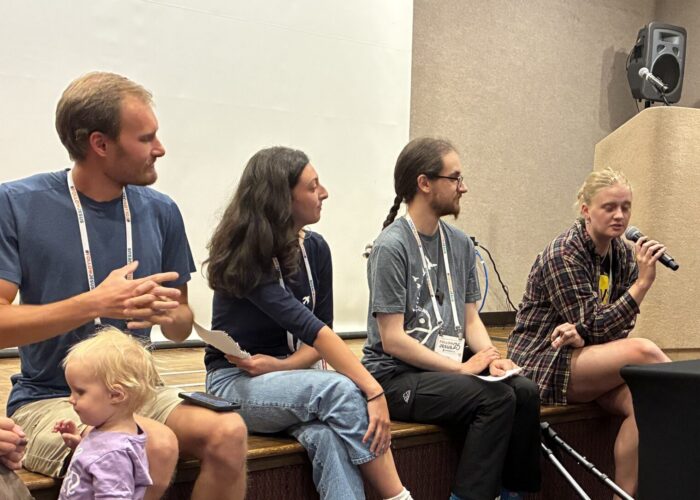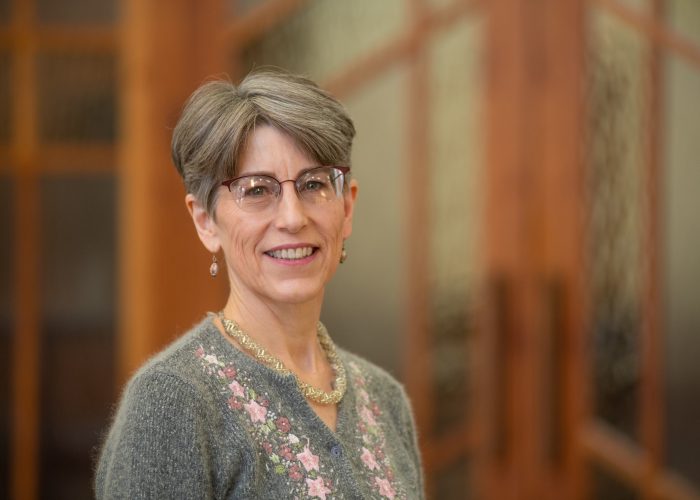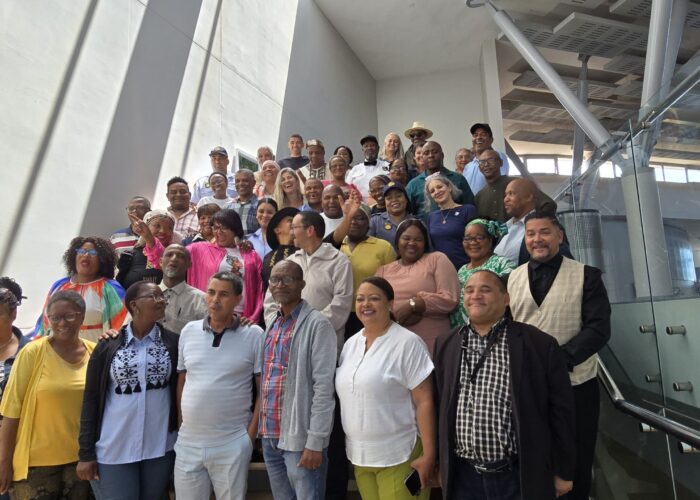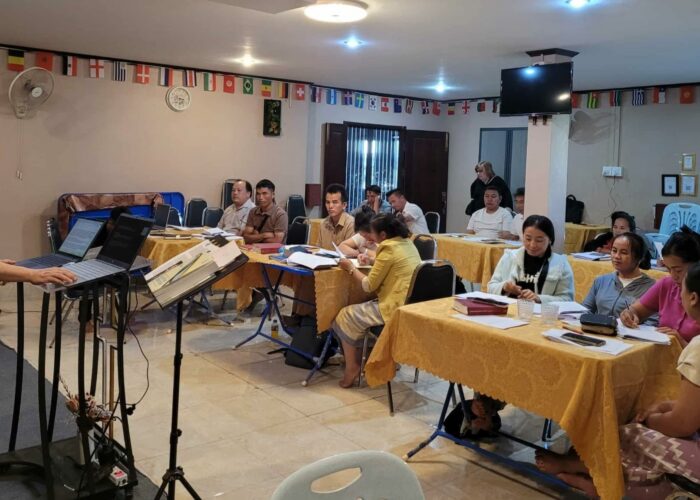“Love has a speed. It’s a spiritual speed. It is a different kind of speed from the technological speed to which we are accustomed. It goes on in the depth of our life, whether we notice it or not, at three miles per hour. It is the speed we walk and therefore the speed the love of God walks.”
“The Three Mile an Hour God” By Kosuke Koyama
Mission committees are a common feature in churches, yet their effectiveness varies widely depending on how they balance planning with action. While every congregation has one, the degree to which mission is thoughtfully strategized, budgeted, and voted on versus actively implemented differs significantly. Excessive deliberation and voting can stall progress, causing missed opportunities, while impulsive action without proper preparation or financial oversight often leads to overextension and failure.
Alexander Mace, program director for Mennonite Voluntary Service, and Eric Frey Martin, director of Constituent Engagement, who held a seminar at Follow Jesus 25, propose that mission committees thrive with a balanced approach, blending careful planning with decisive action.
Mace warns that a committee overly focused on preparation moves too slowly, losing sight of timely opportunities. Conversely, a group rushing into multiple projects without groundwork struggles to adapt or shift direction, risking burnout or unsuccessful outcomes. To illustrate, Mace likened this to walking speeds: at 3 miles per hour — “the speed the love of God walks,” one can easily pause or adjust course when faced with obstacles, whereas at 50 miles per hour, interruptions become frustrating and are often ignored, limiting flexibility.
Frey Martin offered a complementary metaphor, comparing mission integration to growing mushrooms. Success requires initial effort to prepare the soil and environment, followed by patient nurturing of sprouts to ensure sustainable growth. This gradual, intentional process mirrors the need for mission committees to lay a solid foundation before expanding efforts.
The audience was invited to share examples of local and international initiatives in their churches that foster Shalom within their communities and globally. Responses included the Wheelhouse Christian Bicycle Cooperative in Ohio, sending mission workers to assist migrants in an international location, and hosting visitors from other countries. These efforts sparked discussions on how cross-cultural encounters and mission projects have enriched congregations, often inspiring additional initiatives and deepening community bonds.
This seminar encourages mission committees to strike a harmonious balance between reflection and action, drawing on diverse experiences to cultivate a thriving, adaptable mission presence.





